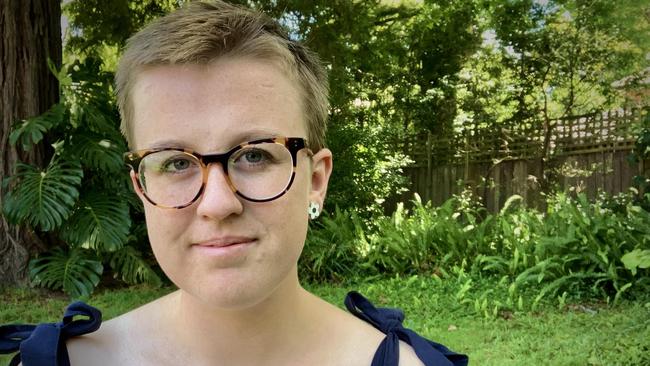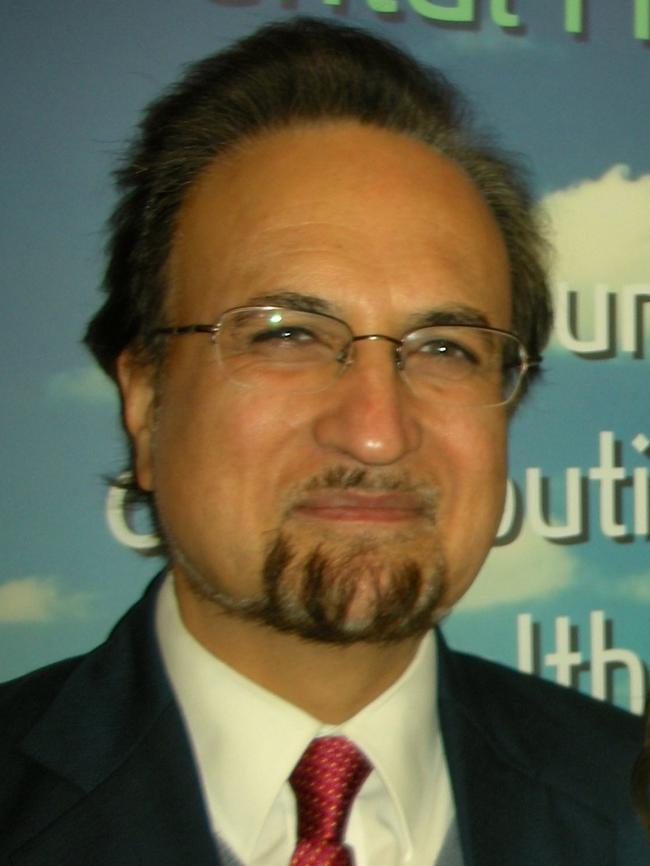Calls to lift ban on deep brain stimulation
Top neuropsychiatrists say this surgery could save lives but it’s not accessible to many with severe obsessive compulsive disorder.

Top neuropsychiatrists say a ban on deep brain stimulation (DBS) for mental illness in NSW and the NT is “archaic” and want better access for patients with treatment-resistant obsessive compulsive disorder (OCD).
Under the mental health acts in NSW and the NT, DBS is considered a psychosurgery, which is a “prohibited treatment”. It involves implanting electrodes into the brain connected to a pulse generator in the upper chest and is commonly used to treat Parkinson’s and tremors.
Other states in Australia offer the treatment for severe obsessive compulsive disorder with the oversight of a tribunal.
The Royal Australian and New Zealand College of Psychiatrists’ says “there is no scientific or legal rationale for states banning the use of DBS in psychiatric disorders” and encourages increased access for “the most unwell” OCD patients.

Clinical director of the Neuropsychiatric Institute at Prince of Wales Hospital in Sydney, Perminder Sachdev, said he saw about five patients per year with treatment-refractory OCD who could benefit from DBS, but most don’t have the means to travel interstate for the procedure.
“These are a small group but a severely affected group. Really incapacitated,” Professor Perminder Sachdev said.
When patients return to NSW from interstate or overseas after having treatment, he said it’s unclear whether he would be breaking the law by assisting them with their equipment.
Sydney occupational therapy student Veronica O’Mara, 26, travelled to Melbourne in August last year to undergo DBS for debilitating OCD, which she’s had since she was a child. “It causes an extreme amount of distress where I end up obsessing over every moment of each day,” she said. She’s had 29 different medications, 200 bouts of electroconvulsive therapy and trans-cranial magnetic stimulation.
Ms O’Mara hopes the procedure, which takes up to a year to take effect, will be life-changing and wants others in NSW to have DBS as an option. “Hopefully, it means less time in hospital, no more ECT to add to the 200 or so I’ve already had – which has meant massive impacts on my memory – but was needed to keep me alive.”
There are just two clinics in Australia – in Brisbane and Melbourne – that offer DBS under research grants and hospital funding to limited patients.
“There’s been a huge increase in the number of people seeking this treatment in the last three years, despite a worldwide pandemic,” said Sarah Farrand, a neuropsychiatrist who oversees the DBS program for OCD at the Royal Melbourne Hospital.
“If there was no legislative issues in NSW, and there was Medicare item funding, we could be sharing the load across the states where there’s expertise.”
Dr Philip Mosley, a neuropsychiatrist in the DBS team at Brisbane’s St Andrew’s War Memorial Hospital, is leading the charge for DBS for OCD be added to the Medicare Benefits Schedule. “If you’ve got Parkinson’s disease, you can access DBS at a number of specialist centres across Australia. If you have a neurological condition, you’ve got options for treatment, but if you’ve got a severe psychiatric condition you don’t, which to me strikes me as incredibly unfair,” he said.
The NSW government said “there are currently no plans to amend the current provisions in the Act”. The NT government said it was reviewing its Act.







To join the conversation, please log in. Don't have an account? Register
Join the conversation, you are commenting as Logout